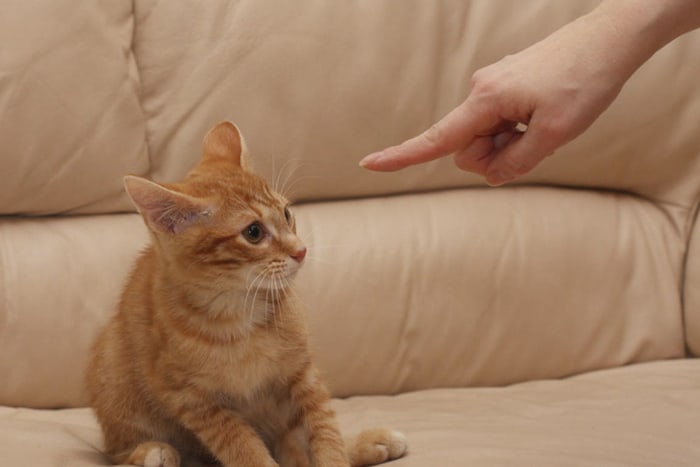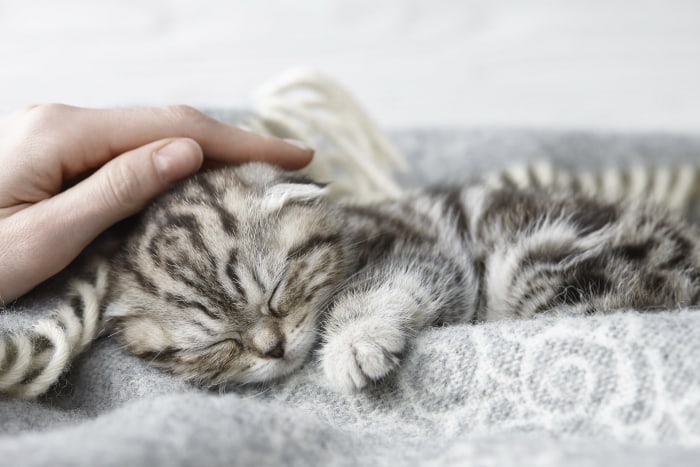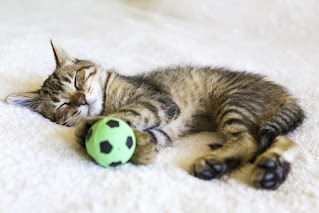How to raise a kitten obedient
An obedient and polite cat is a guarantee of the owner's preserved nerves.
The younger the cat, the easier it is to raise him: he has not yet formed habits. Best of all, kittens give in to upbringing up to six months.
However, this does not mean that it is impossible to bring up older cats: it will just take more time.

Let's figure out how to bring up good manners in a kitten.
The basics of feline parenting
Before starting parenting, define the rules for your home. Decide what your pets are allowed and not allowed to do. The rules should work for all animals in the house and should never be broken.
You cannot allow a kitten to jump on tables and gnaw on wires one day, and on the other, scold and punish him for it. The kitten will get confused and will not understand how to behave correctly.

Punishment should be generally excluded from the educational arsenal. Cats do not have logical connections, especially when time has passed between the misdemeanor and punishment. You need to influence the kitten at the time of his hooliganism.
For the safety of family members, prohibit playing with the kitten's hands and feet. Hands should be associated in a cat with affection and food, and not with an opponent.

If you ignore this rule, an adult cat will hunt arms and legs, which will lead to injuries to the limbs and damage to clothing.
Cat etiquette
An adult well-mannered cat should know that you can eat only from a bowl, go to the toilet - only in a tray, sharpen claws - on a scratching post. In nature, such rules of etiquette are not provided, so the owner will have to tell the cat about them.
Train your kitten to order: put his bowls and tray in a specific place that will not change. It is also worth setting the feeding time. This will prevent the cat from stealing the treat from the table.
The best kitten upbringing is a game. Refrain from swearing at the kitten and spanking: this way the baby will only be afraid and stop trusting.
Unwanted kitten behavior
In most cases, the cat does not behave the way the owner would like, not out of harm. Often a kitten is just trying to fulfill its needs or curiosity.
For example:
- If the kitten chews on wires, skirting boards or flowers, he wants to sharpen his teeth and replenish the supply of vitamins. Distract your pet with a scent toy;
- If a kitten rummages in the trash, he is looking for food there. Do not leave leftovers in the bin;
- The kitten walks on tables and looks into cabinets - shows curiosity. Make such an action associated with something unpleasant: a sound or a smell;
- If the kitten goes to the toilet in the wrong place - the baby does not like his litter box, he does not know how to use it, or he does not know where he is;

- The kitten sharpens its claws on the furniture - it does not know how to use the scratching post. Teach him such wisdom.
For a kitten, the whole world is you and the house in which he lives. He does not know how to behave correctly if he was never told about it.


Comments
Post a Comment